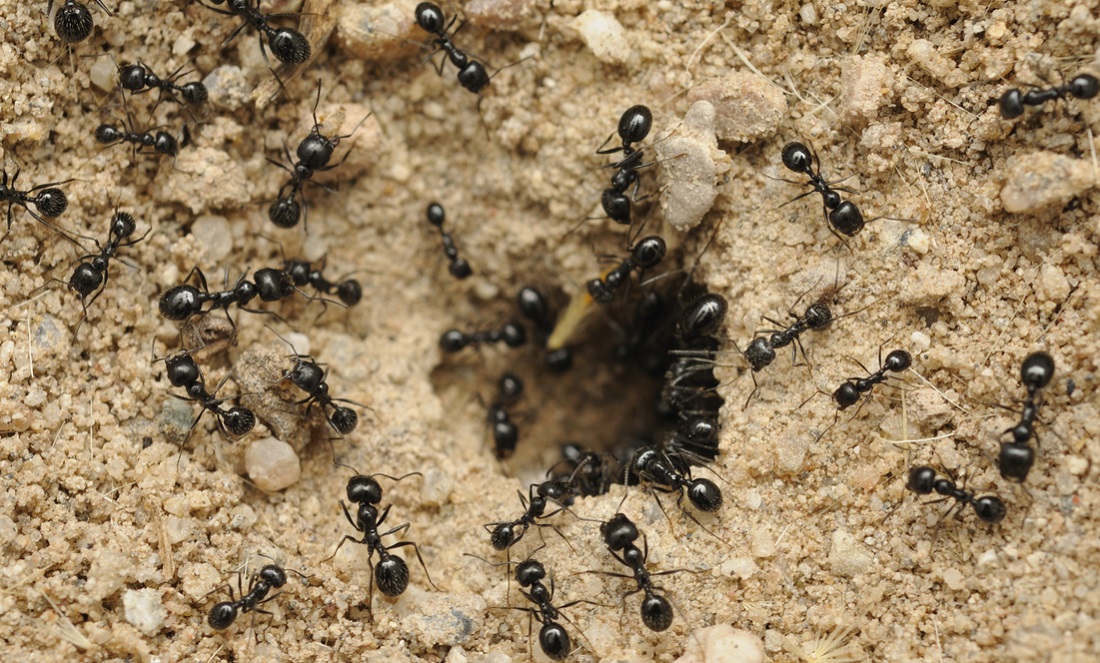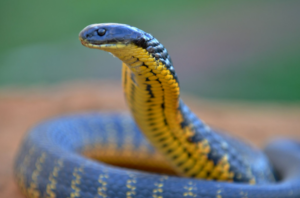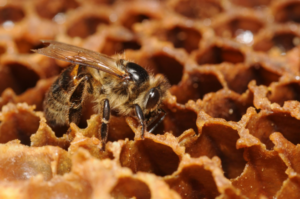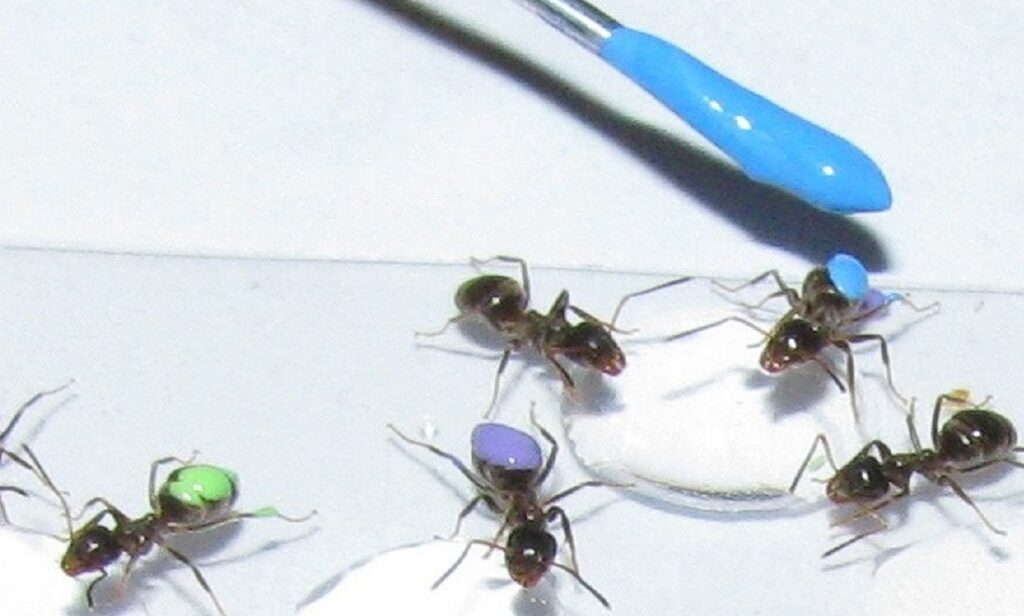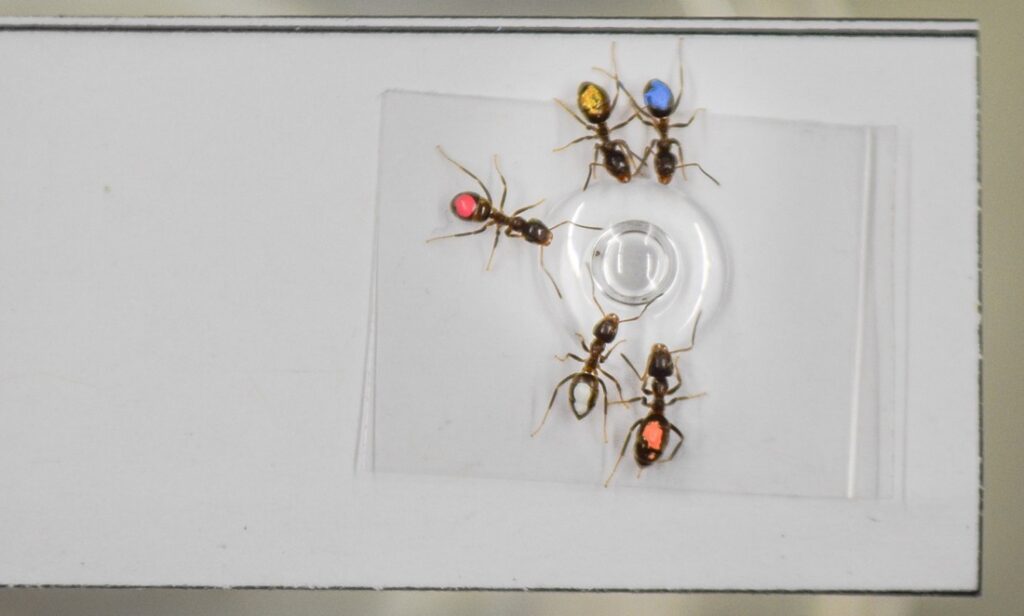Would you eat one cookie now or wait a few minutes for two? If you can wait, you have self-control. Only a handful of species are known to have this ability (some humans not included).
Now, a new study from the University of Regensburg in Germany shows that ants are good at self-control.
Given a choice between a nearby low-quality sugary treat or a tastier option further away, ants consistently choose the further, sweetest option.
“Even though they would normally be happy with the not-so-sweet treat, once they knew there was something better, they rejected the poor food and went for the sweet stuff,” says Tomer Czaczkes, who led the study.
Ants are really ant-mazing
In the 1970s, a classic study asked 4-year-old kids to choose between eating a tasty morsel immediately or waiting about 15 minutes for a bigger reward.
The results of this study showed that kids were pretty good at waiting, and most avoided eating the tempting sweet right away.
Scientists already know that ants are really clever. They learn very quickly, they can navigate in complex environments and they cooperate to do things no single ant could manage alone.
Now, it turns out that ants can also be very disciplined and, much like humans, show remarkable self-control.
“I really didn’t think the ants would manage to do this”, said doctoral researcher Stephanie Wendt, who ran the experiments. “But again and again the ants kept impressing us by doing the sensible thing,” she adds.
So despite their tiny size, they can accomplish big feats. “I am constantly amazed by these little ants,” says Tomer. “They have a tiny brain—smaller than the tip of a pin—but they do so much with it,” he adds.
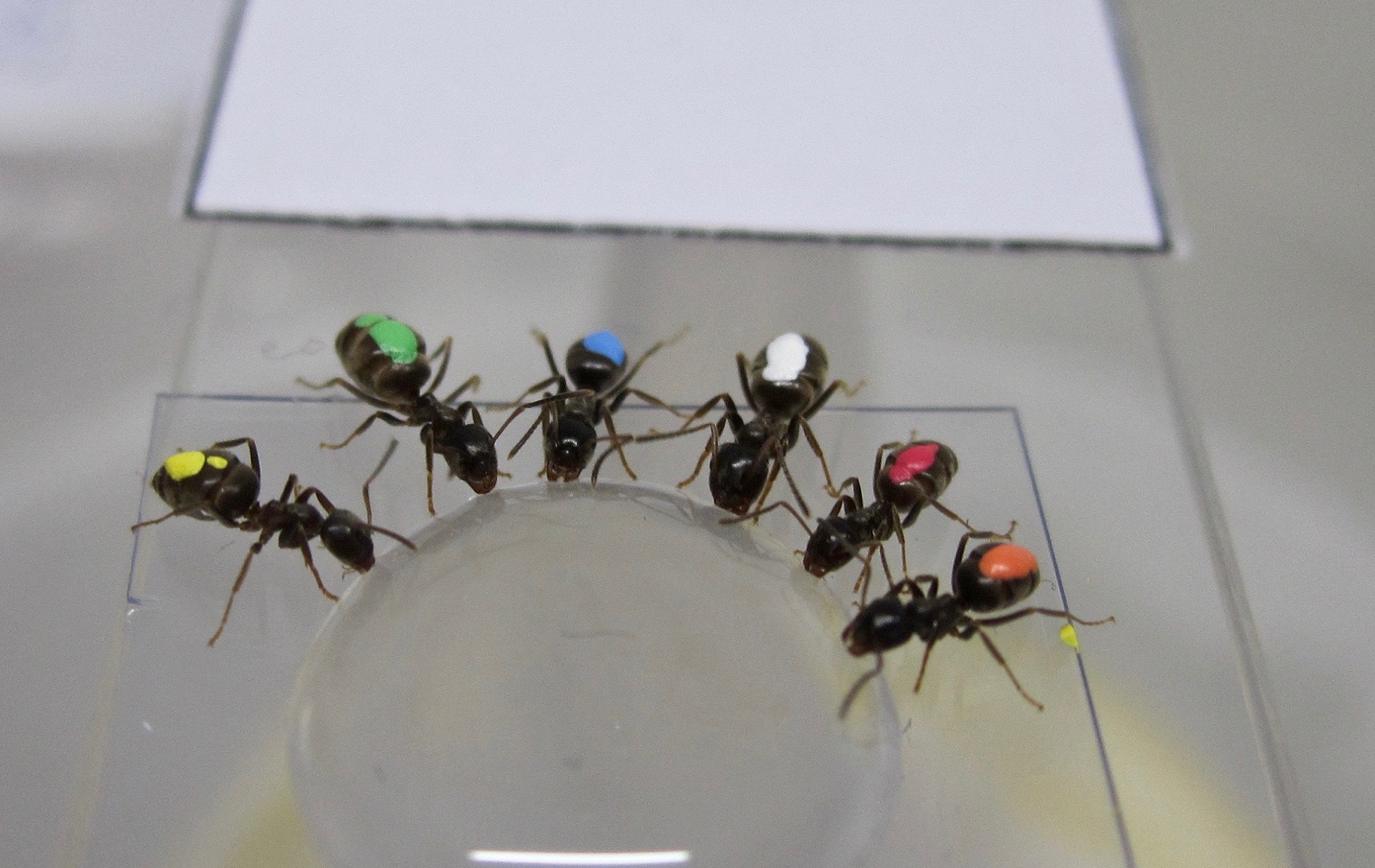
Is it a matter of trust?
In a follow-up study one group of children were led to believe that they may not actually get a better deal after waiting, while another group was convinced they would. The results were amazing.
Most of kids who thought they may not get an extra reward waited for about 3 minutes, whereas all of the kids that were convinced of their reward waited about 12 minutes.
For us humans, trust and deceit is a bit of an issue. But for social insects such as ants and bees, there is pretty much no conflict over food resources—everything is shared, and they do what’s best for the good of the colony, explains Tomer.
“Nonetheless, trust is important for ants—not trust that the other ants are lying to them, but trust that the other ants really know what’s going on,” says Tomer.
Turns out ants trust their own experience rather than the “word of mouth”, even if it comes from their own sisters, Tomer explains.
“Amazingly, most ants studied seem to trust their own experiences over the advice of their sister, if the two are at odds. Only if they have a good reason to follow their sister’s advice do they do so. In that sense, ants and humans really aren’t so different after all,” says Tomer.



